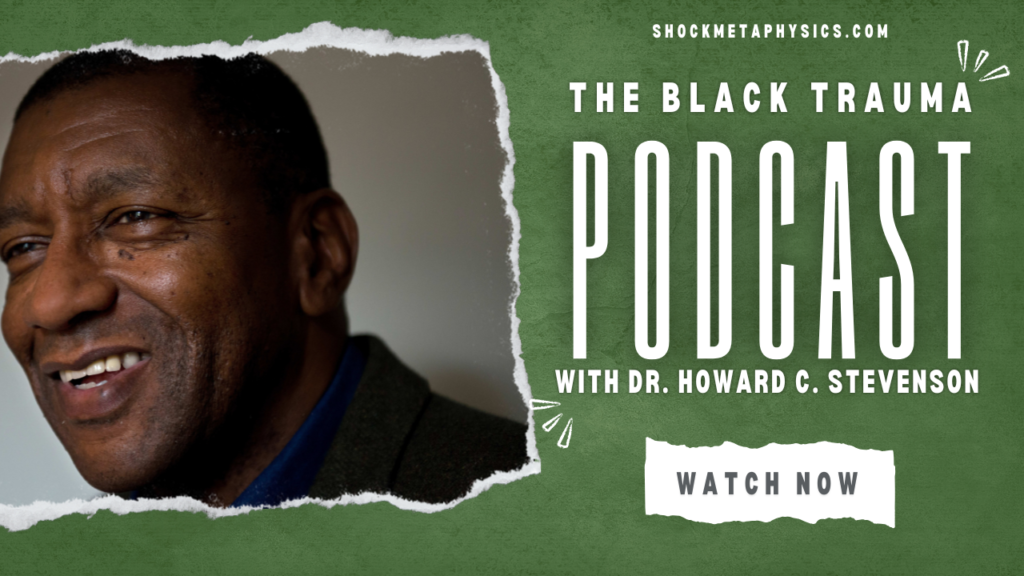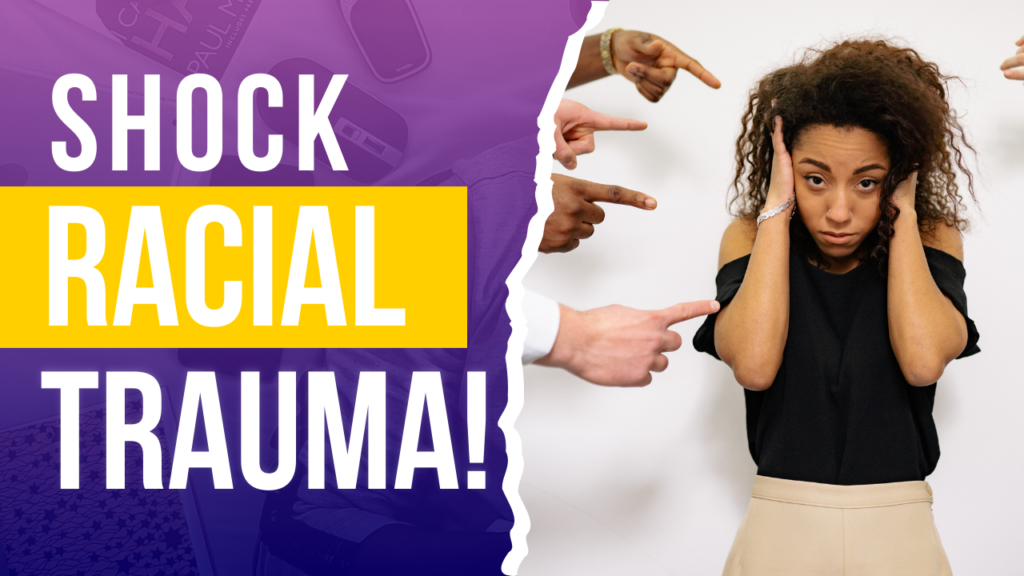
Researched and Curated By Rev. Dr. Philippe SHOCK Matthews
(Black Trauma and Mental Health Specialist | Prompt Eng | GPT Dev | Research Scientist | Africana Phenomenologist | Black AI Corsortim co-Founder | Black Mental Health Podcast Host)
Understanding Racial Socialization: A Critical Life Skill
In an era marked by persistent racial tensions and social upheaval, understanding racial socialization has become increasingly important. Dr. Howard Stevenson, the Constance Clayton Professor of Urban Education at the University of Pennsylvania, brings decades of research and practical insights to this crucial conversation.
“Racial socialization applies to everybody, and it’s a developmental process that families teach… We socialize through our behaviors and our conversations to children, how they should be in the world, how they should protect themselves, how they should feel about who they are.”
The Science Behind Racial Identity Development
Research shows that families who directly address racial hostility and differences with their children produce better-prepared individuals. These conversations aren’t just theoretical – they translate into practical skills for navigating predominantly white spaces while maintaining personal identity and mental health.
Breaking Down Racial Literacy
Dr. Stevenson introduces the concept of racial literacy as an enhanced version of racial socialization. This approach focuses on three key components:
- Reading racially stressful encounters
- Recasting these situations as manageable challenges
- Resolving conflicts through healthy decision-making
The Impact of Media and Technology on Racial Identity
Modern technology has transformed how young people experience racial socialization. With 24/7 access to information and social media, children face new challenges in developing healthy racial identities. Dr. Stevenson emphasizes the importance of proximity in counteracting digital isolation:
“When we’re in face-to-face encounters, when we’re close enough to people who are struggling, it forces us to change our understanding of how people aren’t human. Because we stay so distant from each other, we can hold on to these stereotypes.”
Addressing Trauma Through Racial Literacy
The conversation around racial trauma has evolved, particularly since the CDC’s 2023 declaration of racism as a national health crisis. Dr. Stevenson’s work reveals how racial literacy can prevent the internalization of traumatic experiences:
- Immediate recognition and processing of racial stress
- Development of healthy “comeback lines”
- Prevention of rumination and isolation
The Pandemic’s Impact on Mental Health
COVID-19 intensified existing challenges within Black communities, particularly regarding mental health and academic achievement. The intersection of racial trauma with pandemic-related isolation has created new urgency around implementing effective racial socialization strategies.
Early Intervention and Education
Research indicates that racial socialization begins in the first year of life. Dr. Stevenson’s work with various organizations, including Sesame Street, demonstrates how early intervention can shape positive outcomes:
“Children are learning early about difference and they don’t always attach negative things to that difference. And so those are very primed periods of time.”
Practical Resources and Implementation
Dr. Stevenson’s organization, The Lion Story (www.thelionstory.org), provides practical training in racial literacy. Their CLCBE technique (Calculate, Locate, Communicate, Breathe, and Exhale) offers a structured approach to managing racial stress.
Building Community Resilience
The Racial Empowerment Collaborative at the University of Pennsylvania (recasting race.com) offers additional resources, including the Embrace program, which helps families process their own racial trauma while learning to guide their children.
Looking Forward: Creating Lasting Change
Effective racial socialization requires ongoing commitment and practice. Success involves:
- Developing curiosity about identity differences
- Building courage to address racial trauma
- Gaining competence in navigating racial encounters
Conclusion
Racial socialization represents a critical tool for building resilient communities and breaking cycles of racial trauma. Through structured approaches like racial literacy training and early intervention, families and educators can equip the next generation with the skills needed to navigate racial stress while maintaining their mental health and personal identity.
For more insights on this topic, watch Dr. Stevenson’s full interview here: Extended Discussion on Racial Socialization.
Learning From Our Content?
Become a member of our Patreon to get the latest research on Racial Trauma! https://www.patreon.com/revshock. Or buy Rev. SHOCK a Coffee! https://bit.ly/3yg5D7A


Book A Discovery Call
Are you ready to SHOCKtrauma? Click HERE now to book a discovery call with Rev. Dr. Philippe SHOCK Matthews

Get Social with Doc SHOCK:
PATREON: https://t.ly/mjksf | REV. DR. SHOCK (PERPLEXITY PAGE): https://t.ly/ppjwh | SOLO: https://solo.to/revshock | BIO: https://t.ly/Ko_y_ | BLOG: https://t.ly/j6bh0 | PODCAST: https://t.ly/cB5GD | ENDORSEMENT: https://t.ly/jFErO | THREADS: https://t.ly/SoKkT | IG: https://t.ly/XsN8f | FB: https://t.ly/R3r9Y | X: https://t.ly/iJ-wy | LINKEDIN: https://t.ly/GZ0pe | TIKTOK: https://t.ly/zfp60 | BLACK TRAUMA GPT: https://t.ly/vswbs | BLACK AI CONSORTIUM: https://t.ly/uiRZN | BOOKS BY PM: https://t.ly/vvHMd
